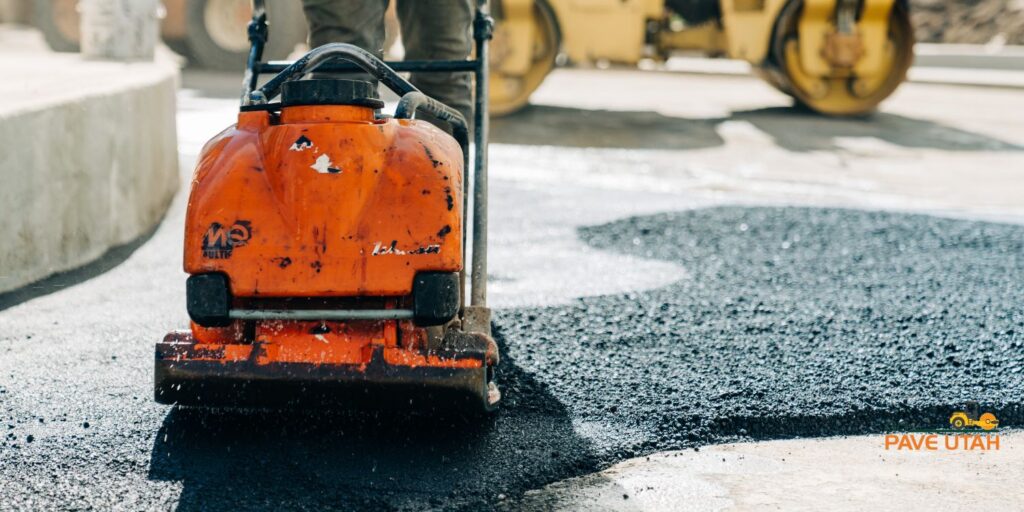
An innovative transformation is taking place, revolutionizing the paving industry and setting a new standard for eco-conscious construction. As asphalt paving experts, the insights into this groundbreaking approach are both exciting and promising. This method not only addresses local waste issues but also contributes significantly to global environmental health. Converting local plastic waste into paving material is a subject of curiosity among researchers. According to NAPA (National Asphalt Pavement Association), researchers are converting plastics into paving materials - “to reduce waste and environmental harm, thought leaders are developing ideas to reuse waste plastic.”
The concept of turning plastic waste into paving material is a testament to human ingenuity. Local communities generate substantial amounts of plastic waste daily, which traditionally ends up in landfills, contributing to environmental degradation. By converting this plastic waste into asphalt, this not only reduces the burden on landfills but also creates a valuable resource for paving.
The process involves collecting and sorting plastic waste, which is then shredded and incorporated into the asphalt mix. This innovative technique enhances the properties of traditional asphalt, creating a more durable and sustainable product. The repurposing of plastic waste into paving material exemplifies a circular economy, where waste is transformed into a valuable commodity, reducing environmental impact and promoting sustainability.
Plastic asphalt offers numerous benefits over conventional asphalt. One of the most significant advantages is its enhanced durability. The inclusion of plastic in the asphalt mix improves its resistance to wear and tear, resulting in longer-lasting surfaces. This means parking lots paved with plastic asphalt require less frequent maintenance, saving both time and resources.
Plastic asphalt is more resistant to temperature fluctuations, reducing the likelihood of cracks and potholes forming. This resilience is particularly beneficial in Utah's diverse climate, where extreme temperatures can take a toll on traditional asphalt surfaces. The increased longevity and reduced maintenance costs make plastic asphalt an attractive option for parking lot surfacing.
Go Pave Utah has positioned itself at the forefront of eco-conscious paving solutions. Their strategy involves a comprehensive approach to sustainability, from being a member of NAPA to implementing cutting-edge technology in asphalt production. The company collaborates with local municipalities and recycling centers to ensure a steady supply of recycled asphalt, fostering community involvement and environmental responsibility.
Education and awareness are also key components of Go Pave Utah’s strategy. By educating clients and the public about the benefits of plastic asphalt, they promote a culture of sustainability and encourage wider adoption of eco-friendly practices. The company’s commitment to quality and innovation ensures that their paving solutions not only meet but exceed industry standards.
The transformation of plastic waste into durable parking lots is a remarkable achievement in sustainable construction. The benefits of plastic asphalt, combined with the positive ecological impact, make it a compelling choice for paving projects. Go Pave Utah's dedication to eco-conscious paving sets a new standard in the industry, paving the way for a greener, more sustainable future.